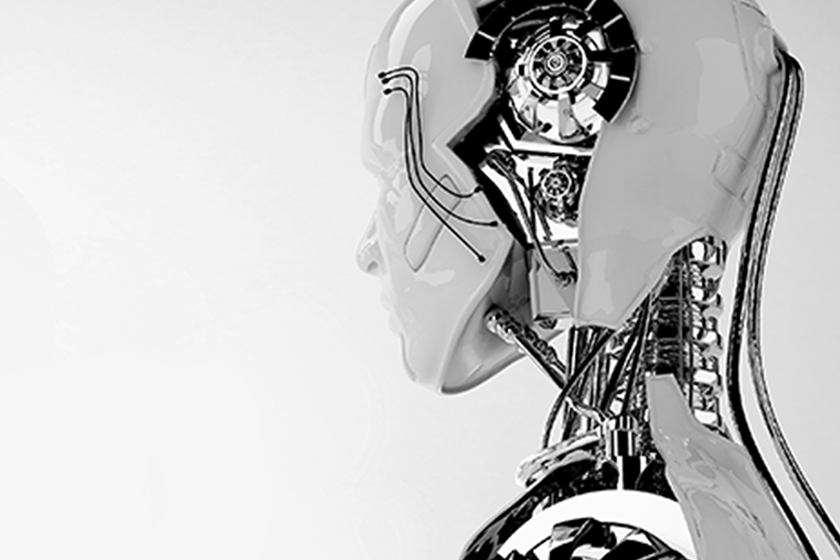Antitrust and the Robo-Seller: Competition in the Time of Algorithms
Increasingly, firms are knitting together newly available mass data collection, Internet-driven interconnective power, and automated algorithmic selling with their traditional supply-chain and sales functions. Traditional sales functions such as competitive intelligence gathering and pricing are being delegated to software “robo-sellers.” This Article offers the first descriptive and normative study of the implications of this shift away from humans to machines (the “robo-sellers”) for antitrust law. This change is a critical challenge for antitrust law – both in how it is currently applied and in highlighting and exacerbating its existing weaknesses. First – and critically – robo-sellers will increase the risk that oligopolists will coordinate prices above the competitive level, thereby harming consumers. The Sherman Act contains a well-known gap in its coverage under which oligopolists that achieve price coordination interdependently, without communication or facilitating practices, generally escape antitrust enforcement, even when their actions yield supracompetitive pricing that harms consumers. Because robo-sellers possess traits that will make them better than humans at achieving supracompetitive pricing without communication, all things being equal, they will increase consumer harm …









